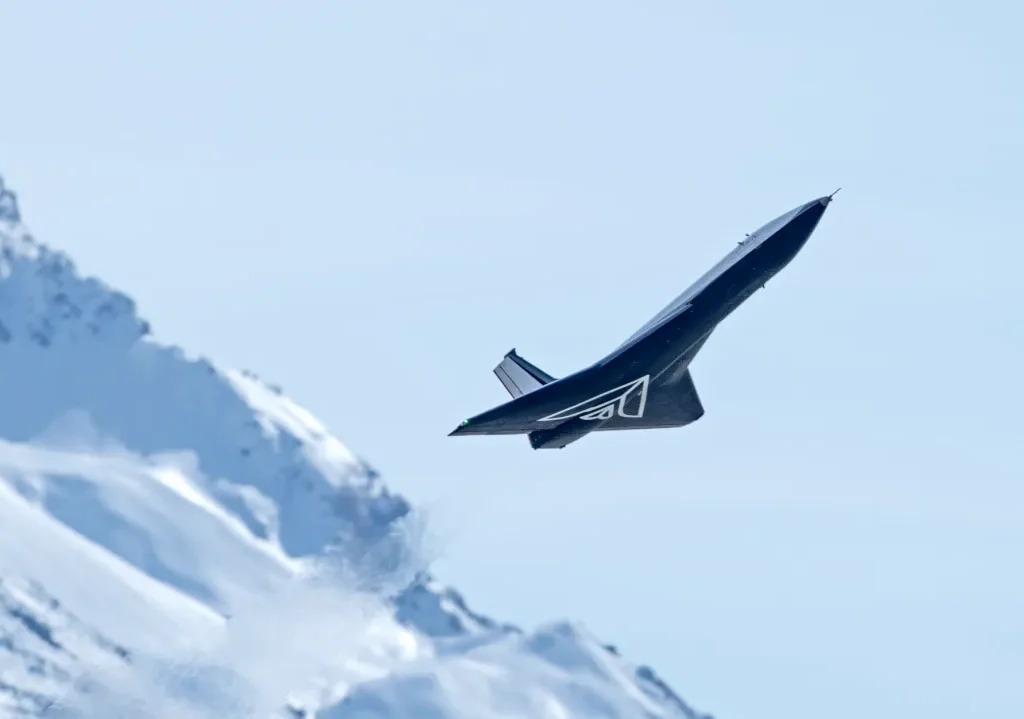Dawn Aerospace announced on Wednesday that it has begun accepting orders for its Aurora spaceplane, a reusable suborbital vehicle designed to carry small payloads into near-space, with first customer deliveries expected in 2027.
The New Zealand-based aerospace company is positioning the Aurora as a commercially operated spaceplane, diverging from the conventional model of offering launch services. Instead, Dawn plans to sell the vehicle directly to organizations that will operate it themselves, aiming to scale up access to suborbital spaceflight using a model similar to commercial aviation.
“There are many out there who would love to have this capability and be willing to pay for it, but they simply can't get their hands on it. It's not for sale,” said Dawn Aerospace Chief Executive Stefan Powell during a webinar hosted by the Global Spaceport Alliance. “The airline model presents us with a far more scalable model for transportation, and one that we would really like to draw on.”
Aurora is designed to carry up to six kilograms of payload to altitudes of around 100 kilometers, offering approximately three minutes of microgravity. The fully loaded vehicle weighs 450 kilograms and is powered by a hydrogen peroxide and kerosene engine. It is capable of reaching speeds of Mach 3.5 and launching from runways as short as 1,000 meters, with total flight durations of around 30 minutes.
The company has already demonstrated early versions of the Aurora, with a Mark 2 model reaching supersonic speeds and an altitude of 25.1 kilometers in a 2024 test flight. The upcoming version, which will feature additional propellant and reaction control systems for spaceflight, is expected to be flight-ready within 18 months. A subsequent flight testing campaign will last six to nine months.
Dawn estimates the Aurora could support up to 100 flights annually, with a projected lifespan of 1,000 missions. While pricing details have not been publicly disclosed, Powell said the company believes a $100,000 per-flight cost is feasible, depending on mission specifications. “That would make the first aircraft ever — the first vehicle of any kind, actually — to fly above the Kármán Line twice in one day,” he added.
Initial customers for the Mark 2 test flights include three U.S. universities and Scout Space, a company specializing in space domain awareness. The company sees market potential in areas such as microgravity research, defense technology testing, and suborbital science missions.
Industry stakeholders welcomed the development, citing its potential to enhance the utility of underused spaceports. “A vehicle like the one Dawn Aerospace has developed changes all of that,” said George Nield, chairman of the Global Spaceport Alliance. “With a small, reusable system that can operate from a standard runway, there's no reason why any spaceport with a runway couldn't provide regular access to space.”
